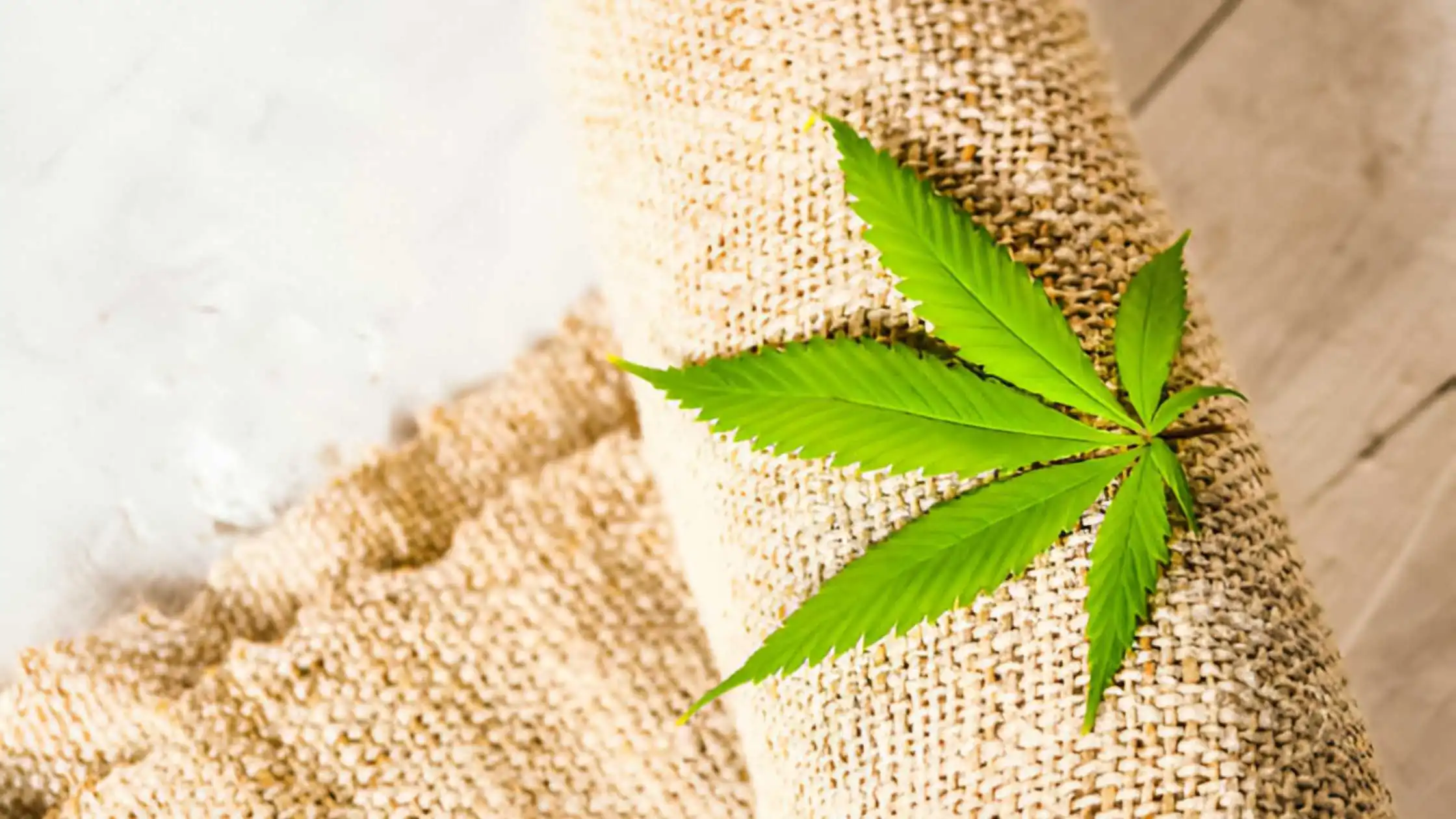About one in eight people in the world live with a mental disorder, according to the World Health Organization (WHO), and nearly a billion people around the world live with a diagnosable mental disorder.
But modern psychiatry is about to be deluged with more cases of depression, anxiety, paranoia and other mental health issues as a result of the pandemic and other worries among many countries, especially the U.S.
In a recently published report, WHO estimated there was a rise in both anxiety and depressive disorders of about 25 per cent during the first year of the pandemic.
It’s clear that mental health practitioners have to step up their game in a manner of speaking and should be ready to treat more people. But they should also be prepared to utilize alternative treatments such as those offered by psychedelics-assisted therapy.
It is easier said than done.
Psychiatrists Wait & See
Psychiatrists are still watching and waiting on psychedelics to prove what they say they can do. They want better science on psychedelics. They want better clinical trials, complaining that results of MDMA trials, for example, are “durable” but that participant follow-up about the effects of their psychedelics use had “no statistical significance.”
It wasn’t always like this. Psychiatrists and other scientists were very enthusiastic about psychedelics in the 1950s.
Then, a social movement in the late 1960s killed it. Discussion of psychedelics by psychiatrists in the mid-1960s and into the early 1970s became a carefully avoided topic as the U.S. government and some mind-freeing social forces came to blows, resulting in criminalizing psychedelics starting with LSD.
Before LSD was banned, the U.S. National Institutes of Health-funded more than 130 studies exploring its clinical utility, with positive results in a range of disorders, particularly anxiety, depression, and alcoholism.
Later, in the late 1970s, a rediscovery of psychedelics commenced, according to author and Harvard psychiatrist professor Lester Grinspoon in his 1979 book “Psychedelic Drugs Reconsidered.”
Grinspoon wrote: “There have been few serious attempts to make theoretical sense of the full range of psychedelic experiences in terms that do justice to the understanding of those who undergo them. Psychologists and psychiatrists have chosen to ignore and dismiss most of this impressive clinical material, possibly because it seems so hard to incorporate into any acceptable theory of the mind. But we should not treat an experience as meaningless or demanding no explanation just because our present explanatory powers are inadequate.”
A review of the book noted that it should convince many sceptics that the “scandal” of psychedelic drugs is not that they are popular and a standard item of illicit commerce but that “their proper scientific study has been made impossible for completely unscientific reasons. The net result of their prohibition is that the substances seem available everywhere except where they should be, in the research institutions and hospitals and the practices of qualified psychologists and psychiatrists.”
The reviewer added that the reason the psychedelic drugs are not now “working” to bring about beneficial change is that “we are collectively using them all wrong — instead of creating a situation in which those interested in using them must incur risks and ostracism in no way connected with correct use but rather with their irrational prohibition, we should by now have structured our institutions to provide for these persons.”
That brings us to today… and psychiatrists are still skittish about psychedelics.
A United Kingdom National Health Services (NHS) pilot survey of 83 psychiatrists in 2021 found that, although 77.2 per cent felt that there should be a role for the controlled or therapeutic use of psychedelics, trainees appeared better informed than non-training grade psychiatrists. Psychiatrists of all grades did not feel prepared to participate in the delivery of psychedelic-assisted psychotherapy.
NHS UK psychiatrists responded that they were optimistic about the potential for psychedelic-assisted therapy to advance psychiatric practice. “However, psychiatrists are lacking in confidence or preparedness to implement this treatment should it become a mainstream option,” the survey concluded, “and significant training needs were identified. The thematic analysis highlighted the need for societal and professional shifts.”
Psychiatrists in the U.S. had a slightly different take. A 2018 survey was sent to 1,000 members of the American Psychiatric Association—250 resident fellows and 750 attending psychiatrists. Respondents tended to perceive hallucinogens as potentially hazardous and appropriately illegal for recreational purposes. However, a large minority expressed optimism about the potential use of hallucinogens for psychiatric treatment.
Other researchers point to the risk of psychosis when using LSD. Until that risk is evaluated and quantified, more extensive clinical studies report that the drug should remain under strict regulatory controls. “The long-term potential for addiction, dependence, psychosis and suicidal risk needs to be well defined before the clinical use for use in psychiatric disorders,” a Virginia doctor reported. “The small number of patients they have referenced are not supportive of the claim of long-term tolerability and long-term outcome is needed before embarking on regular use of these drugs in the clinical care of patients.”
But today, there are also more rigid psychedelics clinical trials organized and run by well-respected scientists working with larger groups of participants, all of which have offered encouraging results that are turning heads in the psychiatrist community.
And academia is chipping away at the obstacles to bringing together psychiatry and psychedelics. One example is the Center for the Neuroscience of Psychedelics at the Massachusetts General Hospital, using an interdisciplinary approach to bring together “leaders in psychiatry, chemical neurobiology, and neuroimaging.”
Mass General’s psychiatry department is highly respected as one of the best in the country. The department has 60 speciality clinics, research programs, and Mass General’s most extensive clinical research program. Advisors include Michael Pollan, a true pioneer in psychedelics development and the best-selling author of the popular psychedelics book How to Change Your Mind, and Rick Doblin, founder and executive director of the Multidisciplinary Association for Psychedelic Studies (MAPS).
Dr David Luke, senior lecturer in psychology at the University of Greenwich, said that academic and scientific enthusiasm around psychedelics has been increasing amid exasperation over the lack of advancement in psychiatry. As reported in The Guardian in November 2021, Luke said that psychedelics “has not progressed as a field of medicine relative to others for decades, and many psychiatrists have been deeply frustrated.” Yet there appears to be a set of long-ignored tools to treat causes rather than simply addressing symptoms, and psychedelics could do for psychiatry what the microscope did for biology, he said.
Perhaps psychedelics can help usher in a new era of psychiatry to help explain how the brain executes the higher functions that are the actual focus of psychiatric practice—the generation of thought and behaviour. “This knowledge gap has been responsible for psychiatry’s split personality—historically swinging back and forth between a biological focus on the brain and a psychological focus on the mind,” psychiatrist Dr Paul Minot, assistant medical director of psychiatry with Maine General Health and clinical assistant professor of psychiatry with Tufts University School of Medicine, writing in an issue of Psychiatric Times. “Just as physics sought a unified ‘theory of everything’ to incorporate the mystery of gravity, this missing piece of science has eluded psychiatry since its inception.”
Disclaimer: https://www.greenmarketreport.com/psychiatrists-skittish-about-psychedelics
Posted by: Times Of Hemp, TOH, #TOH, #TimesOfHemp





